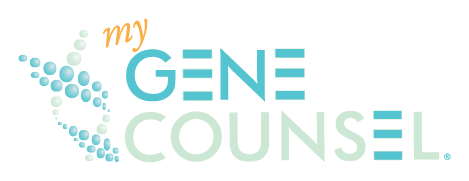The abundance of information available online about cancer can be overwhelming for patients seeking quick, accurate, and reliable news and updates. An “infodemic” was declared by the World Health Organization and United Nations due to the proliferation of misleading information that can be harmful to the public, particularly those undergoing cancer treatment. Misinformation can be tempting for cancer patients because it is easily digestible, but only consuming misinformation can be detrimental to their health, especially for people who need proper genetic testing to start preventative treatment or screening. The Cancer advocacy group FORCE has developed a digital health literacy tool that helps patients recognize online health misinformation more easily. The toolkit provides patients with three critical questions to ask and five red flags to watch out for when finding information online, followed by an interactive quiz. Patients need to continue to ask where information comes from and stick to trusted health sources like the National Cancer Institute or CDC and stay away from someone trying to sell them something.
Read the full article here


